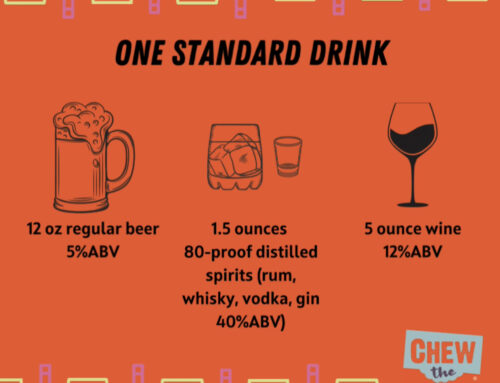Many of my colleagues agree that diet is a four-letter word. Why do people “go on a diet”? Some have written books on the subject, and many others have blogged about it. Yet the American public is fixated on dieting for weight loss, and despite reports each year showing that the “diet industry” is a billion dollar business, and that diets often fail (READ: Taking lots of your money and providing you with no long term benefit), you keep going back for more. Why?
Haven’t you had enough? Each year I see people go on crash diets or try fad diets. Others are looking for the next “new miracle-diet news flash” or they overdo it at the gym while consuming a “1200-calorie high protein diet” in order to achieve a huge short-term weight and/or fat loss. This loss usually lasts for about three to four months, since the “diet and exercise plan” can’t be sustained for most, and often becomes a cycle of, on again, off again, on again. Why do that to your body and mind?
One theory is that humans do not like pain. When I say “pain” I don’t mean being sucker punched in the face (although most people don’t like that either), I mean any sort of discomfort. In this perspective, avoiding a food that you love is uncomfortable (painful) on some level. Going to the gym five days a week and pushing more repetitions than you really want to, is uncomfortable. Getting up at 6:00 in the morning for a swim or run before work, is uncomfortable. All of these efforts to make lifestyle changes induce some discomfort, or short term pain.
When the proposition to “lose ten pounds in 4 weeks!” is delivered, you say: “Yes! That’s what I’m talking about! I can handle 4 weeks!” But a lifetime? Nope, you don’t like that. You don’t like the idea that to really stay healthy, and keep extra pounds off your body, you have to commit to a lifelong change of habit.
Oh no, you don’t like that idea at all.
So humans are drawn to these short-term pain programs. The mentality is: “I only have to endure this for a few months” and then I’ll fit into my bikini. The problem with short-term weight loss programs is that they do not permanently change behavior, and in some cases they don’t even temporarily change behavior (although you may be 15 pounds lighter for a few months, wouldn’t it be better to be 7 pounds lighter, each year until you reach your goal…for the rest of your life?).
There is conflicting opinions about whether weight cycling (losing, then regaining, then losing, etc) has on long-term health, but it’s clear that fad diets and short term dieting do not result in long-term success for weight control. For permanent weight loss to occur, behaviors must change permanently. Strategies must evolve so that you can maintain the behavior change, and therefore maintain a healthy weight.
Do yourself a favor. Don’t diet. Write down a few reasonable (easy ones, that you know you can achieve) behavior change goals (get help with a how-to food journal) and take a long-term step-by-step approach to permanent weight loss. This idea may seem painful at first, but it’s actually much less painful than the short-term pain of excessive workouts or overly restrictive diets that only result in short term success. Go for the lifetime. It’s much more enjoyable.





